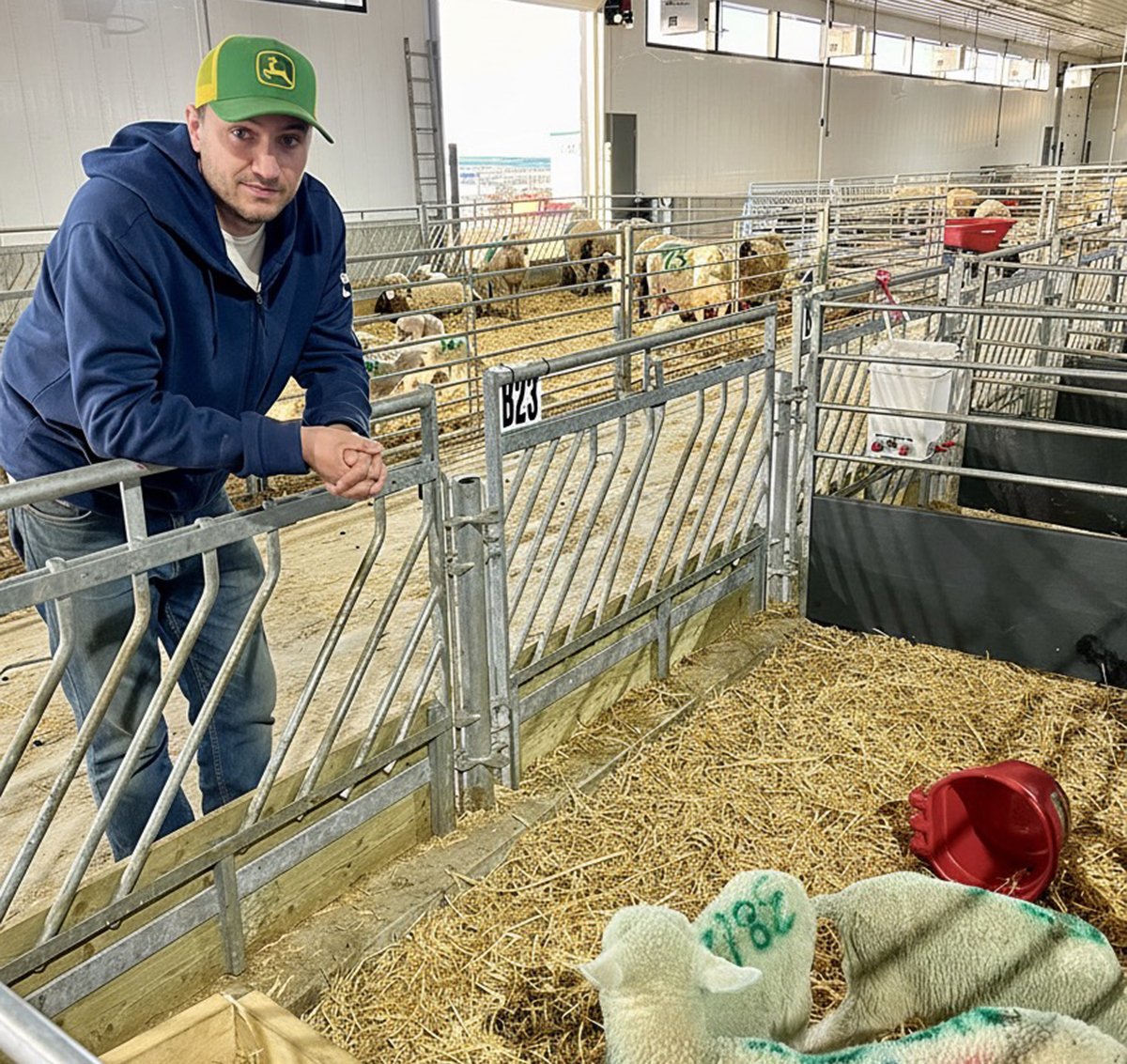Manitoba cattle ranchers are getting loans, deferred payments on loans and higher rates on immediate AgriStability payments, to help with a feed shortage in parts of the province.
Agriculture Minister Ralph Eichler announced the support programs in a conference call with media today.
“We recognize that many producers are feeling the effects of our dry summer,” he said. “We’re committed to long-term sustainability programs that will help keep them whole…. What we have currently is not working.”
Hundreds of cattle producers in parts of Manitoba, particularly the region between Riding Mountain and Lake Manitoba, the area north of Ste. Rose du Lac and the Interlake region, are struggling with a severe shortage of feed.
Read Also

Solar, sheep provide valuable farm diversification
Eric Steeves says raising sheep on forages grown under solar panels provided economic stability and perhaps even saved his family’s fifth generation southern Alberta grain farm.
A prolonged drought cut into hay production this summer and many fields yielded 25 to 50 percent of the normal number of bales.
In late August and into September, more than a dozen municipalities declared states of emergency because of the drought and shortage of feed.
Eichler announced immediate steps for affected producers, including:
• asking the Manitoba Agricultural Services Corp. (MASC) to defer loan re-payments for six months, on all direct loans;
• possibly extending the deferral, on loan payments, for another six months (a year in total);
• MASC loans and financing for the purchase of calves;
• MASC loans for breeding stocks, for the purchase of bred heifers.
He also announced a one-time change to AgriStability, a business risk management program that supports farmers in years when profit margins drop significantly because of extreme weather or other events.
“The interim payment (with AgriStability) is 50 percent. We have the authority from the federal government to raise that to 75 percent,” Eichler said. “Currently, producers enrolled in AgriStability can apply for an advance up to 50 percent… on the expected AgriStability benefits for 2019.”
Deferred payments on loans and increasing the advanced payments from AgriStability should help cattle and livestock producers suffering from feed shortages and cash flow challenges, Eichler said.
“To ensure they have some tools in their toolbox for financing. (And) to ensure we keep the beef herd as strong as it can be, with the resources we have available.”
Eichler, however, doesn’t plan to implement AgriRecovery — a federal-provincial program that assists producers in times of disasters.
“It’s not something I’m a big fan of,” he said. “It’s not a budgetary item. It’s an item that we’d had to go to general ratepayers and have them pay.”
Eichler explained he prefers programs that stabilize farm income, not ad hoc payments.
“When I looked at the overall costs and… (and) what it would actually benefit producers, and I see no benefit here (from AgriRecovery),” he said. “Farming is not for the faint of heart. We have lots of conditions that change on a monthly and weekly basis…. You can’t rely on government to bail you out every time something happens. You have to have the right programs, for the right market, to ensure that producers are (financially) stable.”
Contact robert.arnason@producer.com
















